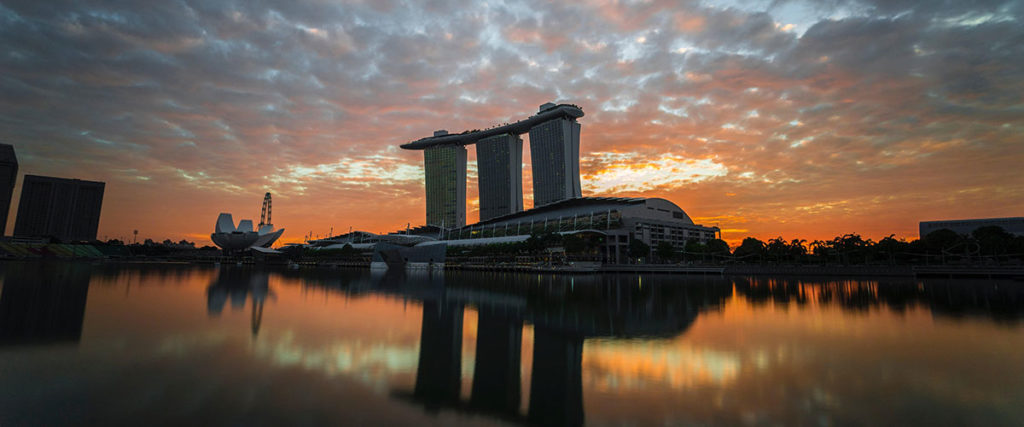Singapore’s economy has fallen into recession, with its GDP shrinking by an estimated 41.2% quarter-on-quarter, and 12.6% year-on-year, according to preliminary data released by the Ministry of Trade and Industry (MTI) today.
Singapore’s service sector contracted 13.6% year-on-year, reflecting significant declines in aviation, hospitality, and tourism sectors, as well as domestic-facing retail and F&B. The sector also declined by 37.7% quarter-on-quarter – a further deterioration from the 13.4% decrease last quarter. The weak economic outlook is partially attributed to circuit breaker (CB) measures, which suspended non-essential services from 7 April to 1 June.
The closure of many work premises and plunge in global trade and tourism has taken an evident toll on the economy, with the country’s GDP expected to contract by 4 to 7% in 2020, according to a late May forecast. Managing Director of the Monetary Authority of Singapore Ravi Menon anticipated Singapore was “facing the most severe recession in our history.”
Singapore has faced a series of unprecedented challenges in the wake of the coronavirus pandemic, including the implementation of CB measures, supply chain shocks, and plunges in global trade. Retail and F&B sales in May plummeted by 52.1% and 40.1% year-on-year respectively. Data from the Ministry of Manpower’s Labour Market Report showed record-high contractions of total employment on a quarterly basis.
This puts additional pressure on the People’s Action Party (PAP), which extended its governance in last week’s election, to respond adequately to combat the economic and business impacts of COVID-19. The government has already pledged multiple economic stimulus packages worth SGD 92.9 billion (USD 66.7 billion) to cushion the blow on businesses and households. In a national broadcast last week, Prime Minister Lee Hsien Long announced that “the government’s biggest priority now is jobs – helping Singaporeans to keep their jobs, or find new ones.”
However, as Singapore continues on track with its three-phase approach to economic resumption, the country is expected to show a slight improvement in economic activity by the end of the third quarter.
Related Articles
Singapore’s Ruling Party PAP Wins Election, Despite Falling Support
Singapore’s 5G Network Will Be Built By Nokia, Ericsson, Not Huawei





